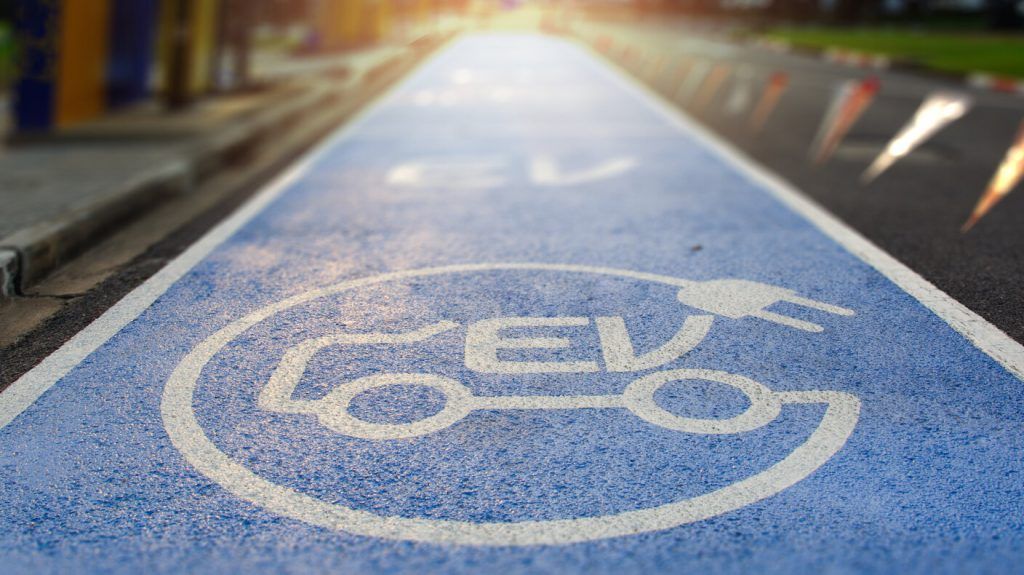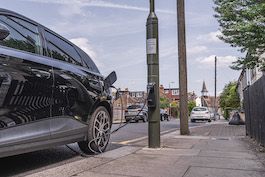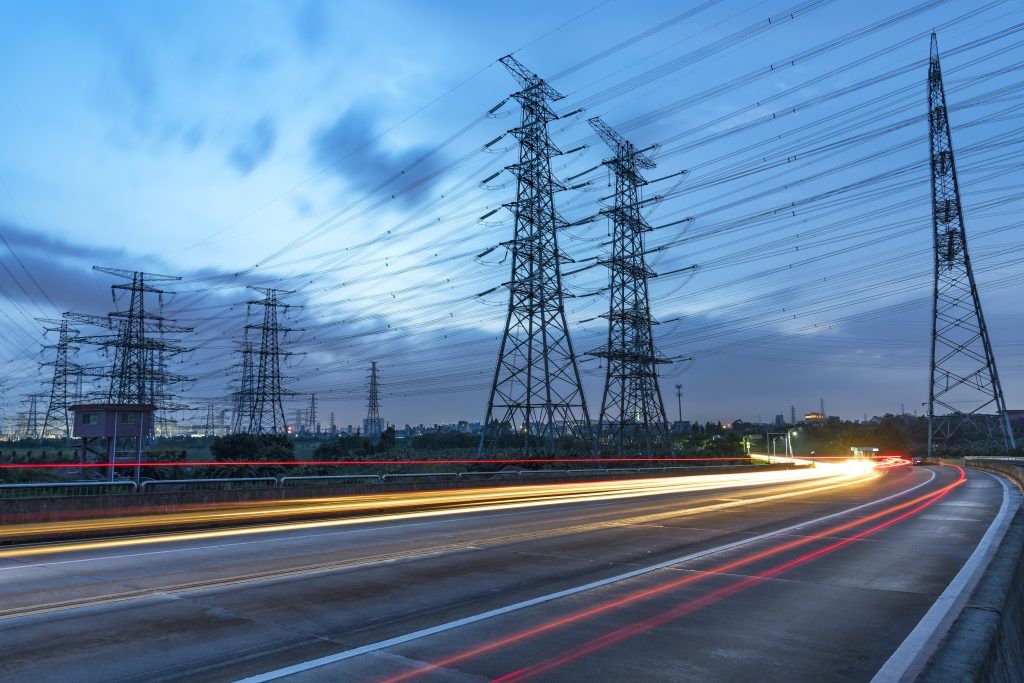Fast moving firms will see a ‘significant upside’ in their movement towards fleet decarbonisation, according to accountancy firm EY.
The new study from EY and Eurelectric, Accelerating fleet electrification in Europe: When does reinventing the wheel make perfect sense?, reveals fleet electrification should lead the decarbonisation of EVs and will make the biggest and fastest contribution to the decarbonisation of road transport.
The study identifies that accelerating the pace of transition to fleet electrification will need policy goals to align with commercial opportunities around cohesive regulation; new funding models for public and private charging infrastructure; a fresh focus on the end-to-end supply chain; improving consumer confidence by clearer education and communication whilst boosting physical infrastructure; and a seamless digital interface between vehicle and grid.
The study highlights four key drivers that will support a fleet first transition:
- Fleets will have to switch to alternative vehicle types over time as CO2 emissions standards restrict non-EV sales.
- Polluting fleet vehicles are banned from more than 300 major European cities and towns that operate low-emission zones. The options are to either pay a penalty or switch to EVs.
- Fleet vehicles tend to travel regular routes and cover a fairly consistent daily distance. They have fixed destinations and stopovers, which can be combined with charging.
- The total cost of ownership of EVs is fast reaching parity with internal combustion engine vehicles. Incentives and grants can bridge the gap, while reduced servicing and maintenance, as well as significant fuel savings, make the economic case for fleet electrification.
David Borland, EY UK & Ireland automotive leader, said: “Electrifying transport is critical for the UK and Europe to meet its tough emissions targets and create a decarbonised future. Transitioning fleet first will pave the way and generate new commercial opportunities, including vehicle-to-grid and electric vehicle charging solutions among others.
“In order to achieve this, a fleet-centric approach is needed across both government and industry, which aims to remove barriers in areas including common standards and investment.
Maria Bengtsson, EY EV leader, said: “Winning customers’ hearts and minds through a greater choice of vehicles and a seamless charging experience is also essential. However, no one sector can drive the transition alone – collaboration between all players in the eMobility ecosystem is critical to achieve success.”
Across the UK, sales of electric and electric hybrid vehicles are bucking the trend of falling sales. Battery Electric Vehicles ended last year +185% year-on-year sales, with Plug Hybrid Electric Vehicles registering +91%.
Borland said: “If you consider that this performance occurred during a year that was -29% down on overall passenger car sales, then this is one aspect of the sector to feel genuinely optimistic about. It is clear we are seeing significant shifts in the direction of travel for consumers towards electric vehicles and January saw this trend continue with BEVs increasing 54% and PHEVs 28%.”
Kristian Ruby, Eurelectric secretary general, said: “We stand right at the knee of an exponential curve. In the next several years we will experience a turbo evolution in the transport sector. The study shows that electrifying vehicle fleets can create massive benefits both for fleet owners and society at large.
“Aligning the policy ambitions and commercial opportunities is therefore a must. Targeted policies to push additional demand for electric vehicles as well as a smart strategy for charging infrastructure roll-out will be critical to success.”
- image from Shutterstock














